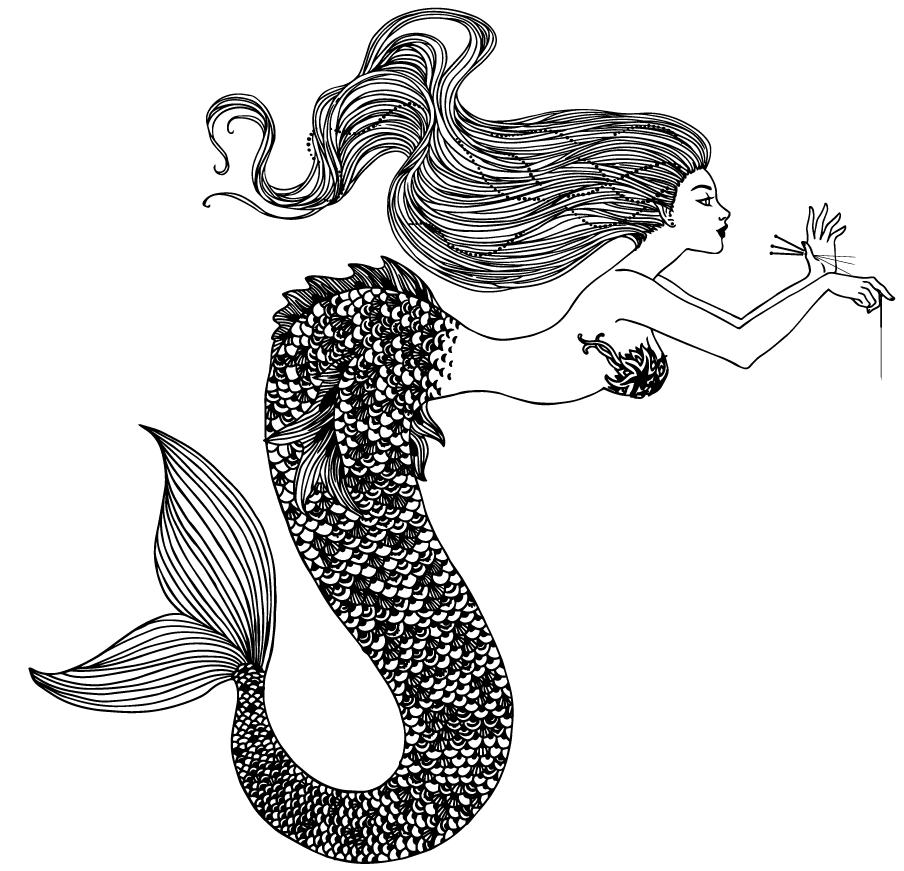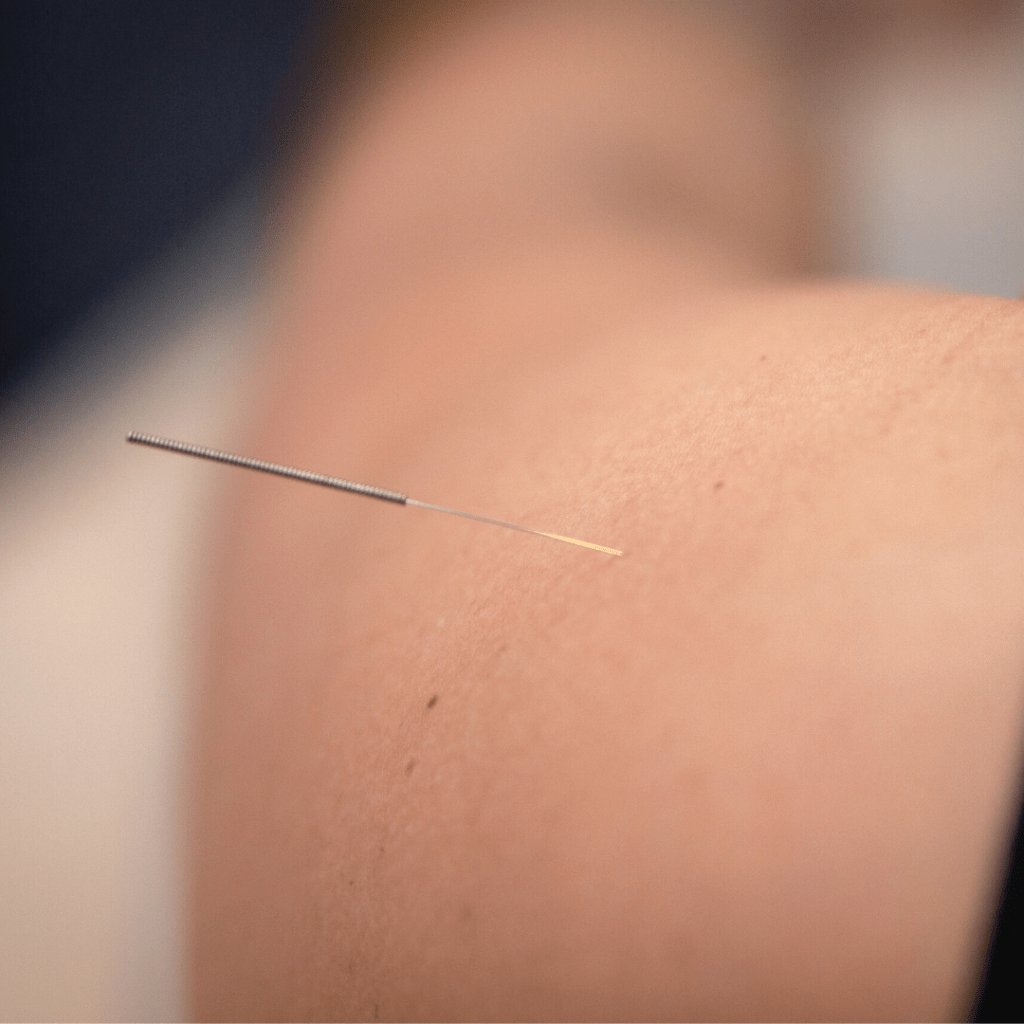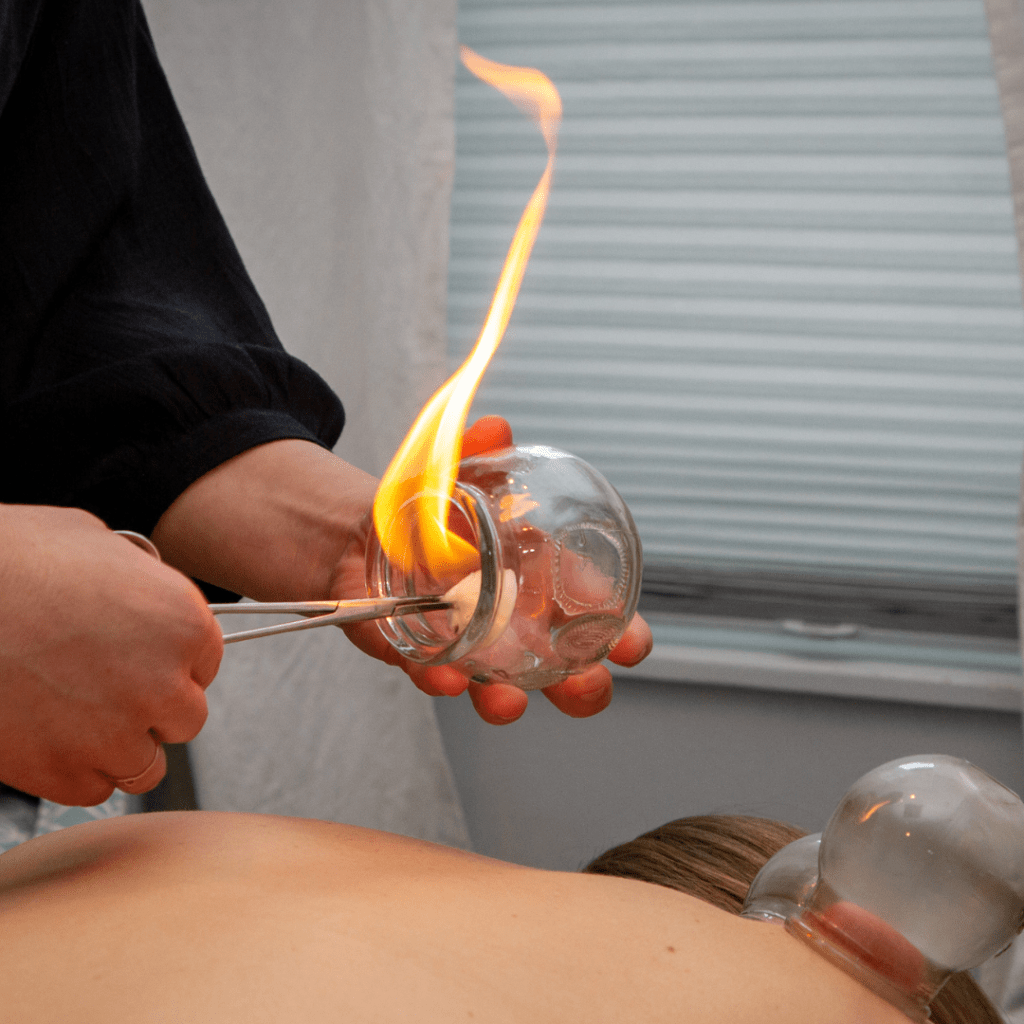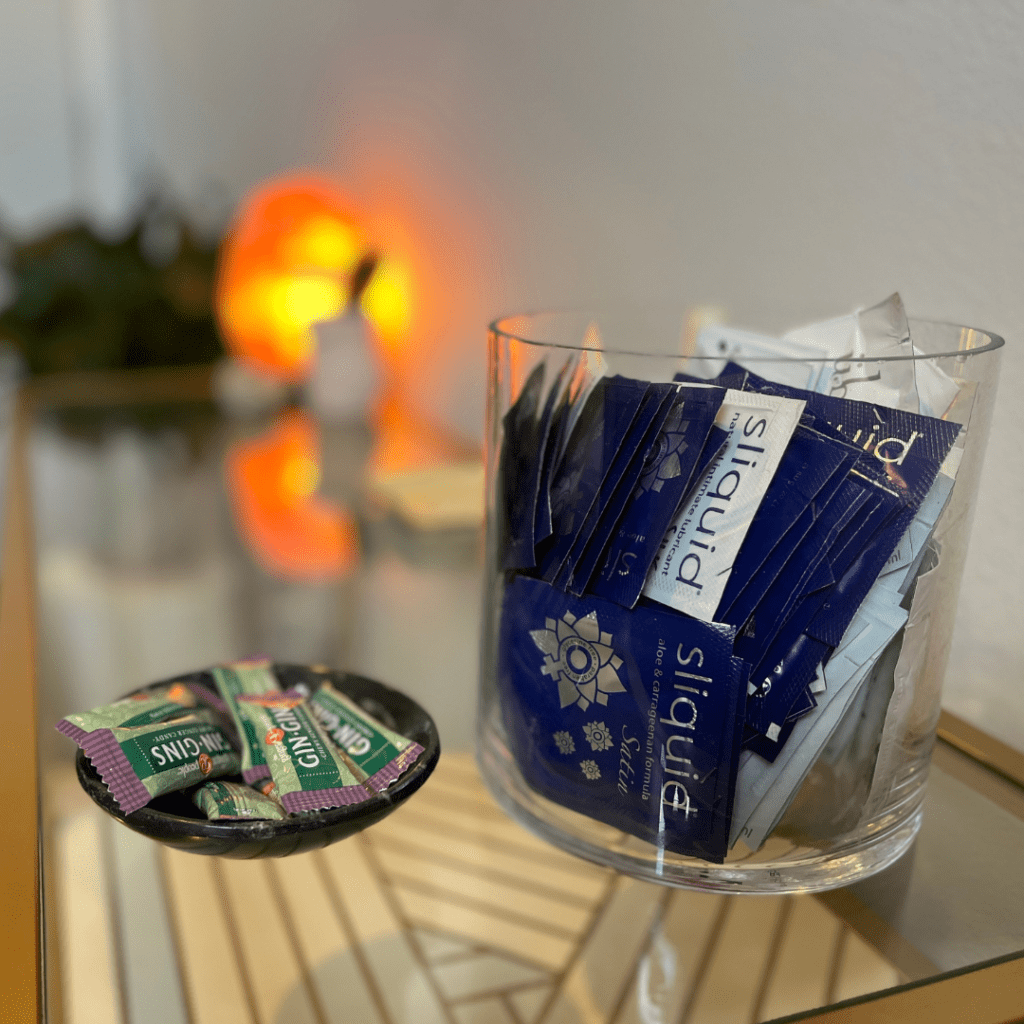
Acupuncture has been used to treat a variety of pain for centuries. Known to be not only effective but also gentle, causing minimal discomfort to the patient. It can be used to treat everything from acute (recent) to chronic (long-term) pain.
It works by releasing endorphins – the body’s natural pain-killing chemicals and affects the part of the brain that controls serotonin – a chemical involved in mood.
With the insertion of super-fine needles into select acupuncture points, your body is alerted that there is a problem and sends help. In Chinese medicine, it is said that acupuncture calls “Qi and blood” to the area to facilitate healing. Much like when something hurts and you rub it to feel better, acupuncture does the same but on a deeper, more healing level. Reducing inflammation and swelling, acupuncture gives your body the space and support it needs to heal itself.
If pain is still occurring post-surgery, acupuncture can not only help reduce swelling, increase circulation, and reduce inflammation, but it can also be used to help scars heal more quickly and without pain, while also reducing the appearance of red, raised scars.
Acupuncture can help with (but is not limited to):
 Acupuncture has long been used by athletes at all levels not only to rehabilitate injuries, but to improve recovery, enhance performance, to ensure minor injuries don’t become larger issues, and to prevent injuries from occurring in the first place.
Acupuncture has long been used by athletes at all levels not only to rehabilitate injuries, but to improve recovery, enhance performance, to ensure minor injuries don’t become larger issues, and to prevent injuries from occurring in the first place.
• Improves muscle fiber mobility and circulation
• Reduces inflammation and muscle tension
For example, a chronically tight IT band will eventually lead to hip or knee problems. With acupuncture, we can relax the IT band thereby reducing the strain on your hip and knee. The improved blood flow to the area will help to soften the ligament, reducing the chance of it tightening again and decreasing the risk of injury.
• Effective, non-invasive way to help you recover from injuries
• Helps with joint and muscle pain; repairs partially torn ligaments; helps ease chronic pain
• Improves circulation and range of motion and reduces inflammation, helping to quickly get you back to training
Anyone who has ever tried to walk downstairs the day after a marathon knows how important recovery can be. Acupuncture can drastically improve recovery and reduce pain and discomfort after a strenuous workout or race, helping you to avoid Delayed Onset Muscle Soreness (DOM). Improving circulation and aiding in the reduction of lactic acid, you can quickly return to training and daily life.
Not only can acupuncture help improve circulation and reduce inflammation, but it can also help improve your sleep and digestion, and reduce your stress and anxiety. When your entire body is working well, your performance will improve. Improving digestion, sleep, anxiety, and stress are all components of every treatment.
Chinese Medicine is also a lifestyle medicine; diet, sleep, and stress management are all things that affect you as an athlete. Because lifestyle is crucial to overall health, we will take a look at how food, sleep, and stress are affecting your performance and will work together to find what fits best not only for your body, but also for your lifestyle.
Above all, acupuncture is a functional medicine. My goal is to not only help you recover faster and perform better, but to teach you how to best care for your body so that you can continue to excel at whatever it is you undertake.
 Chinese Medicine can treat about anything, and treat it well. When asked what it can be used for, my most common answer is “If you are not actively bleeding (from a wound) or broken, acupuncture can help”.
Chinese Medicine can treat about anything, and treat it well. When asked what it can be used for, my most common answer is “If you are not actively bleeding (from a wound) or broken, acupuncture can help”.
Symptoms (such as poor sleep) are almost never isolated to just that issue. Usually, someone will have high stress or anxiety, or their digestion will be off, or they will have some other symptom showing up. That is because our bodies do not work in isolated structures. If you’re in significant pain, you know that your mood and digestion will most likely also be affected. This means that acupuncture also does not work as an isolated system. When I am treating your stress, your sleep will also improve. If we are working on digestion, your foggy head and memory will also improve.
Here are some, but not all, of the things I can treat:
 Sexual Health is an often overlooked, but crucial part of your healthcare. Unfortunately, most people are told that their cramps, symptoms from perimenopause, or painful sex are normal and to be expected. However, symptoms that people experience can be devasting and can significantly impact their quality of life.
Sexual Health is an often overlooked, but crucial part of your healthcare. Unfortunately, most people are told that their cramps, symptoms from perimenopause, or painful sex are normal and to be expected. However, symptoms that people experience can be devasting and can significantly impact their quality of life.
Issues with menses are a commonly overlooked problem. Patients are often given little to no suggestions for managing their pain, irritability, heavy or light flow, clots, or breast tenderness, with often the only suggestion being a heating pad and over-the-counter pain management. But while symptoms with menses are common, they are not normal. Normal menstruation should come and go without any pain or issues and should be about 3-5 tablespoons per day. Anything outside of that is not normal.
Similarly, symptoms with perimenopause are common, but not normal. The only symptom considered normal with perimenopause is the cessation of menses. That’s it. You are not supposed to have hot flashes, night sweats, irritability, poor sleep, lowered energy, etc. Those are all symptoms of your body not working correctly. Chinese Medicine excels at treating these symptoms and patients tend to have significant changes very quickly, and patients go back to living their lives, uninterrupted by perimenopause.
Here are some, but not all of the things, that Chinese Medicine can help with:
While scars from a surgery may look healed, the reality is that they can cause problems long after recovery has finished. Scars can create an internal “snag” in your body, causing pain, discomfort, and can even impact digestion. Similar to a silk dress, a small snag will create a cascade effect. If your scars are red, raised, or uncomfortable (anywhere from being constantly aware of them to an occasional twinge), then that is an indicator that your scars have not healed well. Even scars from childhood could be creating problems in your body that you don’t realize are related to such an old scar!
Common examples, but not a complete list, of scars that can be repaired with acupuncture:
-Chest scars from a mastectomy, breast reduction, or top surgery
-Gall bladder or appendix removal (microscopic scars cause the worst internal issues)
-Knee or hip surgery
-C-section
-Hysterectomy
-Ankle surgery
-Back Surgery
-Carpal Tunnel surgery
-Deep wound that may or may not have required stitches

Acupuncture is rooted in traditional Chinese medicine, using concepts developed over thousands of years, while Dry Needling took these existing Eastern medicine practices and renamed them using Western medical terminology. The only differences are in terminology and the hours required for licensure and regulatory oversight.
Acupuncturists go through 3-4 years of year-round schooling to acquire a degree and be allowed to practice. In Colorado, a minimum of 650 clinic hours are required (I have 870), which far exceeds the 46 hours required by Physical Therapists, the 100 hours required of Chiropractors, or the suggested (but not required) 200 hours for Medical Doctors or Doctors of Osteopathy. Dry Needling done by these practitioners requires no specific continuing education requirements to continue practicing the treatment and no further training once those hours have been completed. On the other hand, acupuncturists must complete 60 professional development hours every two years, with a minimum of 26 of those hours dedicated specifically to Acupuncture and Oriental Medicine (AOM).
Depending on a practitioner's background, both acupuncturists and dry needling practitioners use the same filoform (acupuncture) needles and the same techniques. Dry Needling is said to work on Trigger Points (TP), the equivalent of which is known as Ashi Points in Chinese Medicine. Sometimes Ashi points can be located on known channels, but often they are not. Ashi is usually translated as “A” - the sound you make in pain and “Shi” - the confirmation of the painful point. There is no physiological difference between Ashi points and TP. While regulatory authorities view dry needling and acupuncture as two separate modalities, the fact of the matter is that they both use the same needles in the same way, only one is highly regulated and the other is not.
Pain or injuries can and will affect your entire body, regardless of where or how they occur. Because Chinese Medicine is a whole-body medicine, I will look at all aspects of why the injury occurred, why it’s not healing quickly, employ a variety of practices to get it to heal as quickly as possible, and help to prevent further injury in the future. I use a multi-dimensional way of looking at you as a complete entity, rather than as individual parts and work to strengthen all aspects of your body and mind to help you live and train to the best of your abilities.
You can rest assured that because I specialize in Chinese Medicine, and only Chinese Medicine, I am more than prepared to handle any health complaints, pain, or injuries you may have.



CHINESE MEDICINE TREATMENTS FOR PAIN, WELLNESS, AND SEXUAL HEALTH
Gaining greater health so you can have a kick-ass life!
Now treating out of 2 locations!
4251 Kipling St Suite 160, Wheat Ridge, CO 80033
14694 Orchard Pkwy #225
Westminster, CO 80023
In the Orchard Town Center, inside The Suite, Skin and Body
Home » Conditions Treated